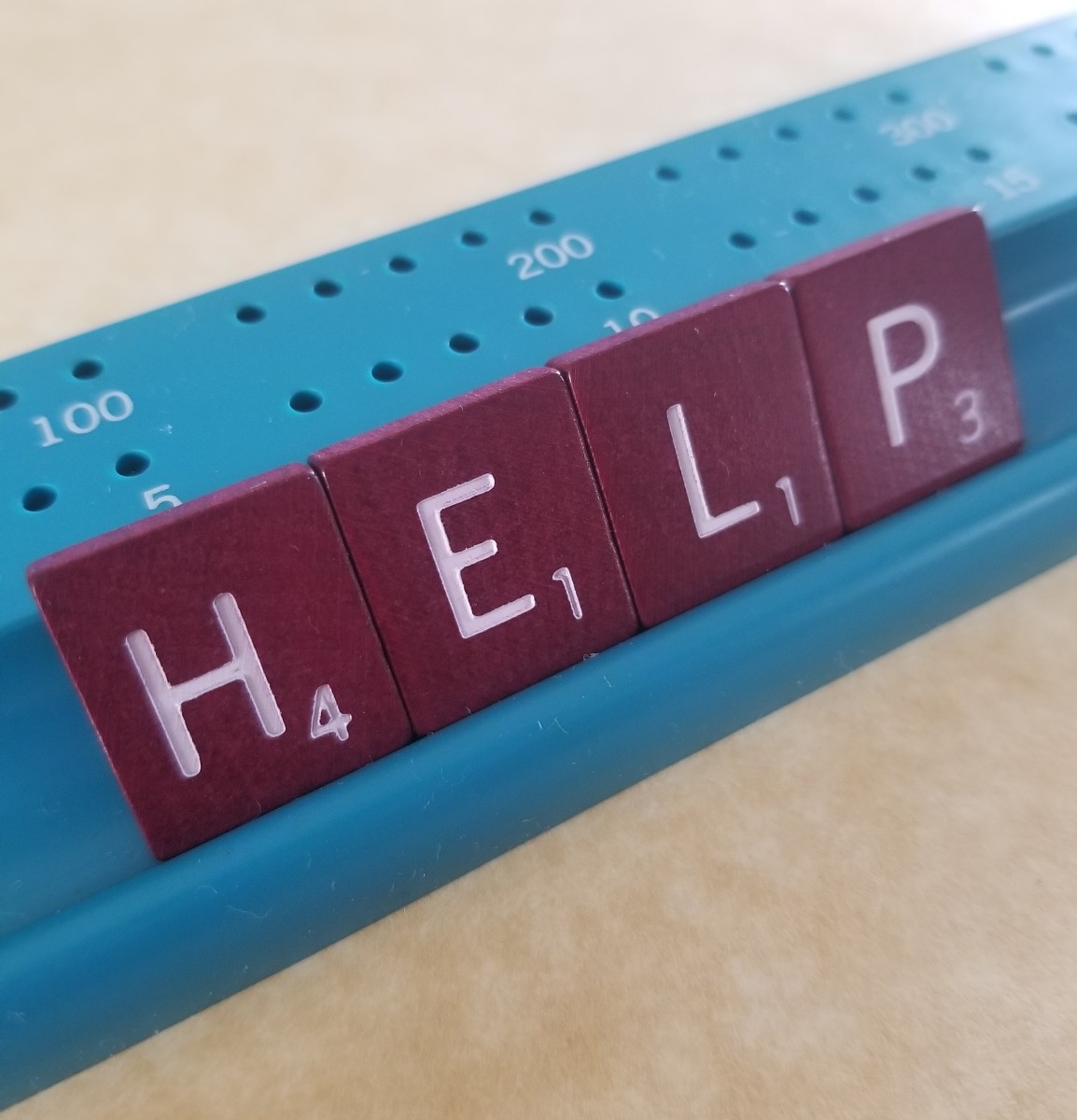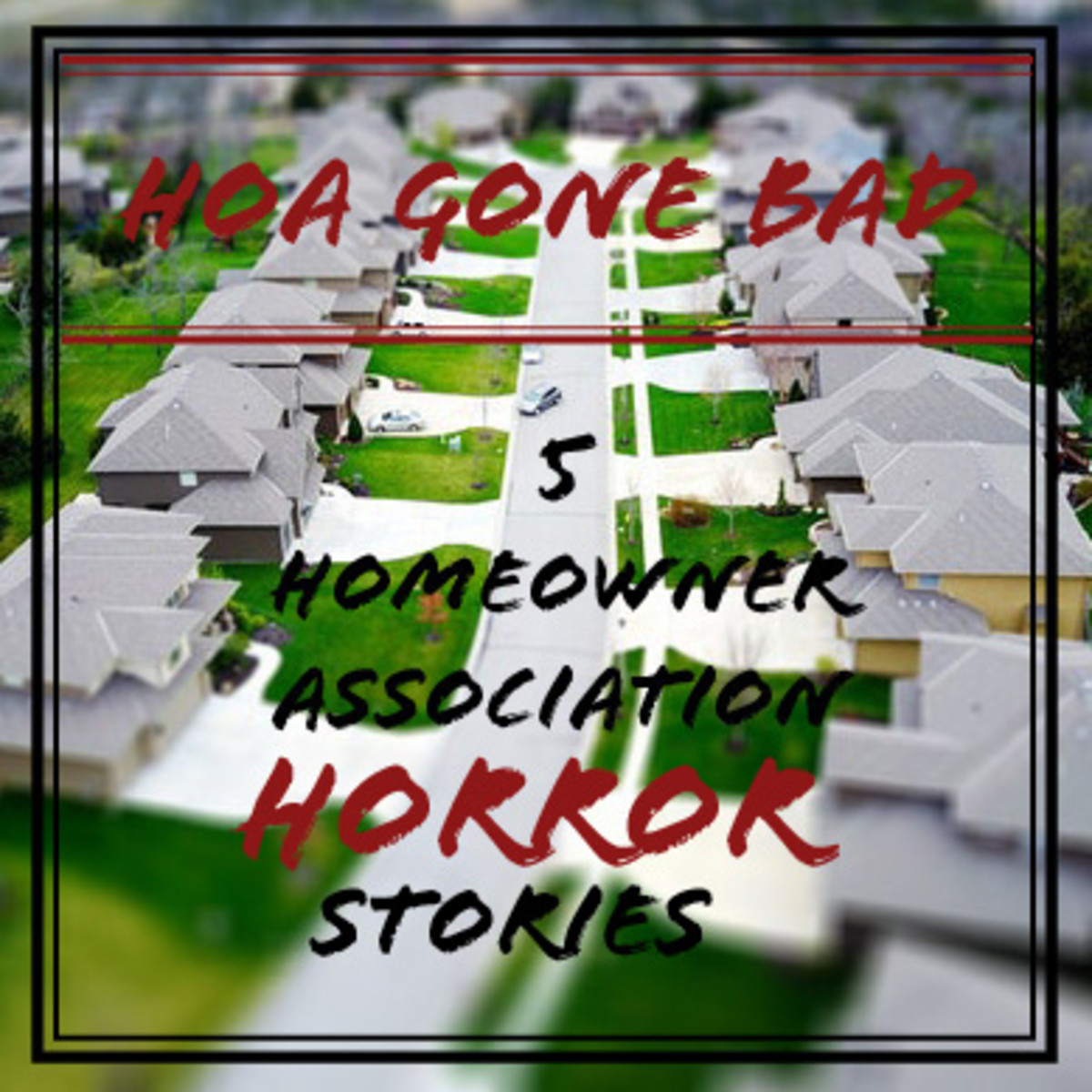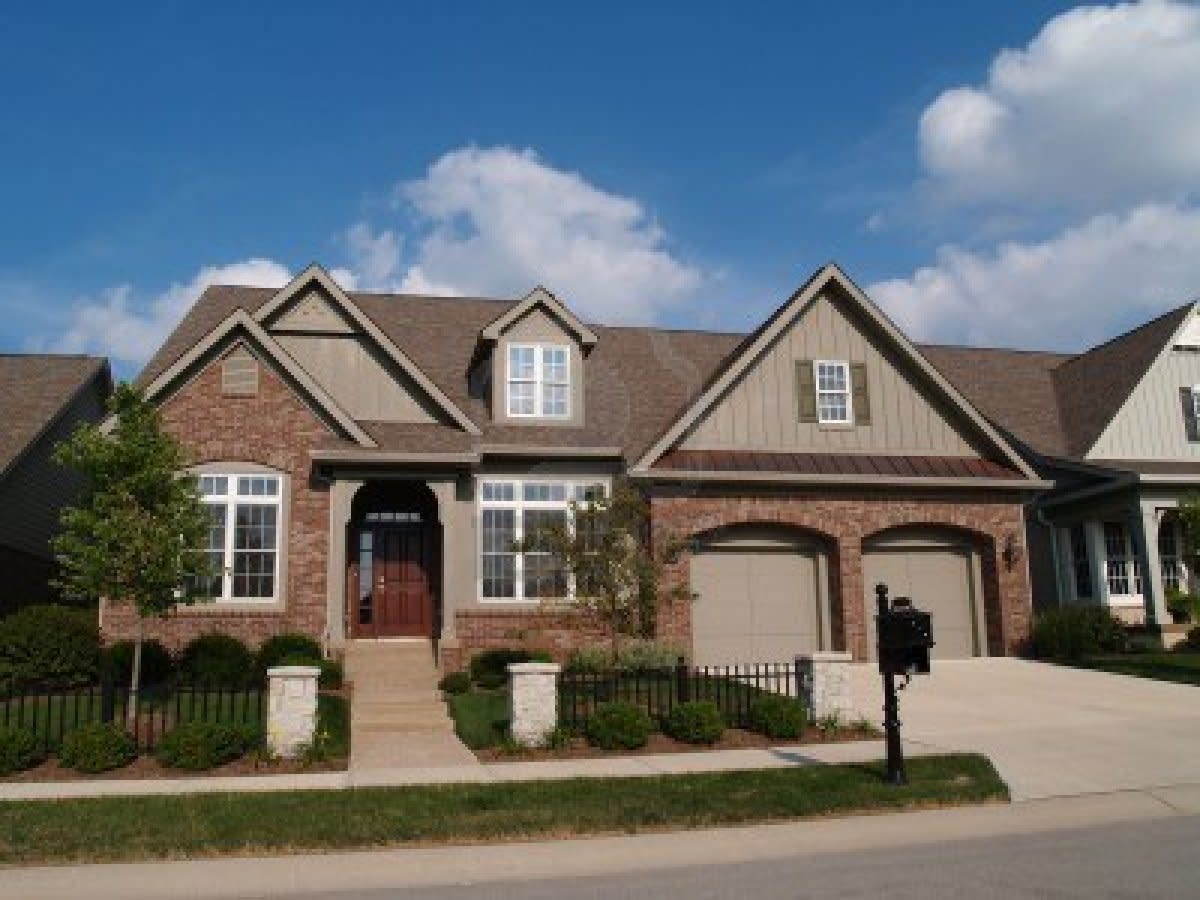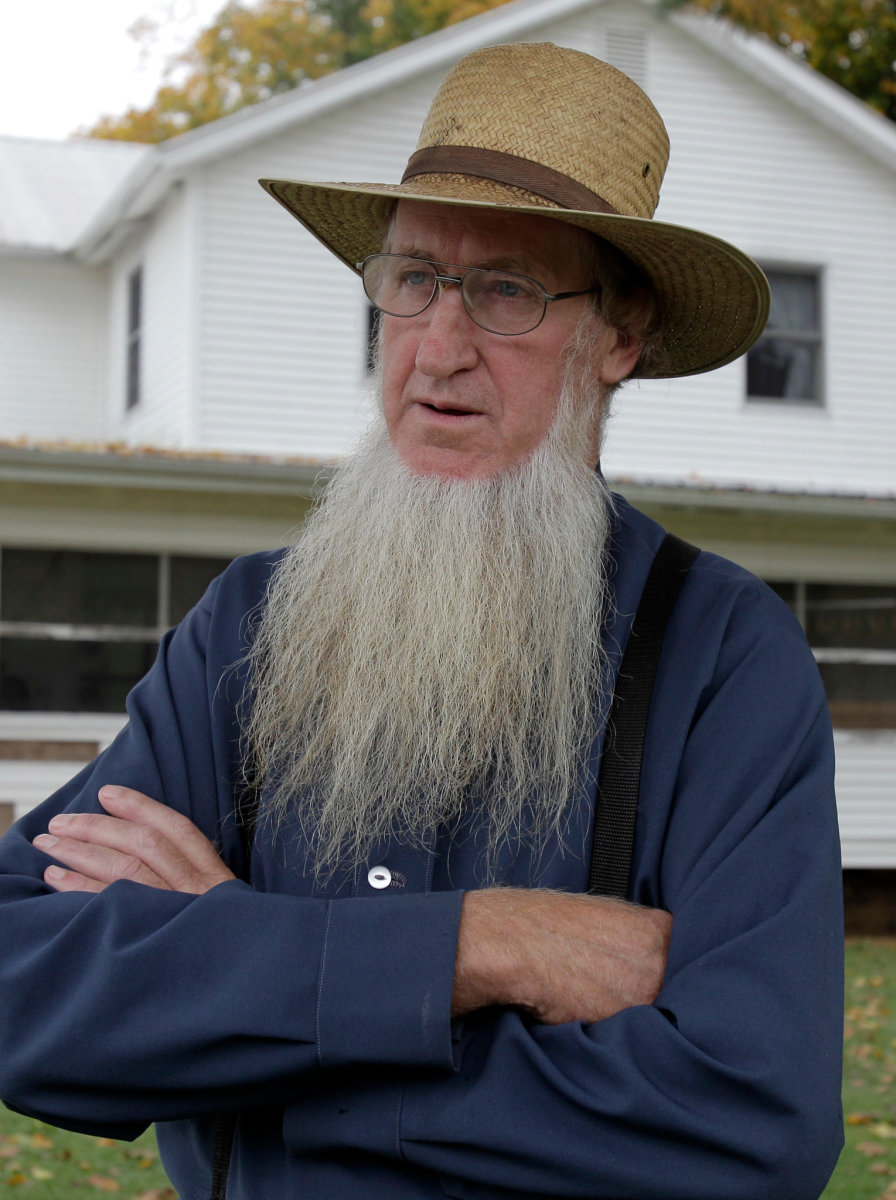Low Income Homeowner Loans, Grants and Assistance: Government Programs That Can Help
If you own your own house and your income is low due to a recent crisis, an unexpected increase in expenses, or recession-related hardships such as job loss or reduced hours or wages, you may be eligible to receive help in the form of low income homeowner loans, grants, and other assistance from the government.
Listed here are some of the major United States Federal government programs for low income homeowners as well as information on how to get local governmental help.
Emergency Homeowner Loan Program
The Emergency Homeowners Loan Program (EHLP) began taking applications in 2010 and is operated by Housing and Urban Development (HUD). This program can help eligible homeowners who meet the requirements with payment of mortgages, delinquent taxes, and insurance payments. It can provide 0% interest loans of up to $50,000 to qualified people over the course of two years. Under the program, monthly payments by homeowners toward their mortgages and expenses would be at least $25 but no more than 31% of the amount of their gross income when they apply. This program providing homeowner loans is designed to mitigate the situation of people suffering from unemployment, medical difficulties, and "underemployment."
The qualifying states and U.S. territories include:
- Alaska (AK)
- Arkansas (AR)
- Colorado (CO)
- Connecticut (CT)
- Delaware (DE)
- Hawaii (HI)
- Idaho (ID)
- Iowa (IA)
- Kansas (KS)
- Louisiana (LA)
- Maine (ME)
- Maryland (MD)
- Massachusetts (MA)
- Minnesota (MN)
- Missouri (MO)
- Montana (MT)
- Nebraska (NE)
- New Hampshire (NH)
- New Mexico (NM)
- New York (NY)
- North Dakota (ND)
- Oklahoma (OK)
- Pennsylvania (PA)
- Puerto Rico (PR)
- South Dakota (SD)
- Texas (TX)
- Utah (UT)
- Vermont (VT)
- Virginia (VA)
- Washington (WA)
- West Virginia (WV)
- Wisconsin (WI)
- Wyoming (WY)
Low Income Homeowner Eligibility
Are You Eligible for the Emergency Homeowner Loans Program?
To see if you qualify, check that you meet the following requirements:
- You must live in the property in question - it must be your "principle residence."
- The property must be a single family home.
- You must have received, or be about to receive, a foreclosure notice and be at least 3 months delinquent on your mortgage payments.
- Before the hardship crisis, the household income must not have exceeded 120 percent of the area median income.
- The income must have been reduced significantly - at least by 15 percent.
- You must either earn a wage, earn a salary, or receive income from self employment.
- There must be an indication that you'll be "solvent" again within two years - that is, be able to start paying your mortgage and other home debts.
- You must live in one of the eligible 32 states and Puerto Rico (locations not receiving help from the Innovation Fund for Hardest Hit Housing Markets). See the list on the right for the qualifying states and territories.

Making Home Affordable - Hardship Mortgage Assistance
The Making Home Affordable Program is a sweeping Federal strategy for doing just that - helping people live in homes who otherwise could not afford it. Some programs, like HARP, are designed for homeowners with "good credit," while others are targeted toward people whose credit is suffering.
More about the Making Home Affordable Program:
- It can help eligible homeowners refinance through HARP, the Home Affordable Refinance Program.
- It can assist homeowners with reduced income to change the terms of mortgages through HAMP, the Home Affordable Modification Program together with, if applicable, 2MP, the Second Lien Modification Program.
- HAFA, the Home Affordable Foreclosure Alternatives Program, which also falls under its auspices, can help to the tune of $3,000 with alleviating the ills of foreclosure through a deed-in-lieu of foreclosure arrangement or with a short sale, which is selling the home for less than is owed on it.
- Homeowners who are unemployed can apply to UP, the Home Affordable Unemployment Program.
- The Hardest Hit Fund works with a homeowner's local Housing Finance Agency to aid people in ten states identified as severely affected by housing crisis and the recession
Eligibility requirements vary from program to program. For example, HARP homeowners must live and own a 1 to 4 unit residence, the loan on which is guaranteed or owned by either Fannie Mae or Freddie Mac. Mortgage payments must be current and not be in default, homeowners should be able to afford their mortgage payments after refinancing, and the first lien mortgage is equal to or under 125 percent of market value. Also, the refinance must improve "the long term affordability or stability" of the mortgage loan. How to apply for HARP? Fill out a Home Affordable Refinance application with a qualifying lender.
Hope for Homeowners
The Making Home Affordable program incorporated the Hope for Homeowners Program (H4H) that began late in 2008. Hope for Homeowners is a voluntary refinance assistance program for homeowners at risk of default and foreclosure or bankruptcy. Although there are no income limits, a homeowner should have an income that will allow him or her to afford the new payment terms. Offered are 30-year fixed rate mortgage loans insured by the FHA. The program is scheduled to last until September 30, 2011.
Note of caution about Hope for Homeowners: Legitimate, authoritative information on this program is hard to find, so beware of scams. One website that is NOT associated with the program or any government agency offers information and - disturbingly - an application. But for what?
To apply, rather than give out your personal information to an unidentified source, I'd go straight to the horse's mouth - the Federal Housing Authority - to find out approved lenders. The government websites I have read indicate applicants can ask a HUD-approved housing counselor (at their website, click on "Talk to a Housing Counselor) for more information about approved mortgage lenders. Or on the FHA website, you can go to "At your service,” then “Find a HUD approved Lender in your area.”
Home Renovation and Repair Assistance
If you need help with repairing your home, consider the following assistance programs:
Low Income Homeowners Help in Rural Areas
For very low income (below 50% of the median income in the area) and low income (up to 80% of the area median income) homeowners living in rural areas, there are Section 502 Direct Housing loans and loans and grants through the Very Low Income Housing Repair program, offered by Rural Development, part of the U.S. Department of Agriculture.
This assistance is intended to help with necessary repairs, renovation and rehabilitation - that is, primarily improvements involving increasing safety and removing health hazards - of modest-sized homes.
Homeowners with "bad credit" who must renovate their homes may not find help here, since to apply, you need to have a decent credit history while still not being able to get loans from other sources. Apply to your local Rural Development Office.
Help for Native Americans
Native Americans, American Indians, Alaska Natives, Tribes, and certain others may be eligible for mortgage financing assistance with the Section 184 Loan Guarantee Program.
HUD Rehab Mortgage Insurance
Not specifically designed for low income families and households, but a resource to consider, is HUD's Federal Housing Administration (FHA), which offers the Rehabilitation and Repair Home Loan.
This is home rehab help in single family residences through their Section 203(k) Rehab Mortgage Insurance program. They work with FHA-approved lenders - third parties - so it's not HUD itself offering the loan. (HUD also has a general page of resources on government help for homeowners doing home improvements.)
Relocating Homeowners
US Department of Defense Homeowners Assistance Program
The Defense Department Homeowner's Assistance Program is available to eligible DOD Federal civilian employees and service members who must relocate yet are experiencing financial loss due to lowered home values.
Help Keeping Your Home for Homeowners
Technical and Supervisory Grants for Homeowners
Technical and Supervisory Grants offered by Rural Development can help eligible rural low income homeowners who have families to keep their houses.
The grants appear to be in the form of administrative funds to help establish counselling resources for rural families at risk of foreclosure. They are given to organizations rather than individuals. Some eligible organizations include nonprofits, Indian Tribes, and community action agencies.
Utilities Grants for Rural Homeowners in the Southwest
Rural Development offers 306C WWD grants for water and waste assistance to low-income homeowners occupying their dwellings in colonia - rural developments composed mainly of Mexican and Mexican Americans - in the states of Arizona, California, New Mexico, and Texas.
These grants - up to $3,500 for water service and up to $4,000 for sewer service, not to total more than $5,000 combined - can help to pay utilities fees, install plumbing fixtures, and connect up service. The total reported income of all household members must be below the Department of Health and Human Service's latest determination of poverty level. Homeowners can apply to their local Rural Development office.
Help for Underwater Homeowners
As seen above, there are government programs for homeowners who find themselves underwater due to an income loss. Some moderate, low, and very low income homeowners in urban and rural areas qualify for loans or grants to help them through these tough times. Assistance can cover repairs, mortgage payments, homeowners insurance, foreclosure assistance, and more. Help may take the form of a direct loan, counseling service, grant, negotiated loan terms, or other form of mediation or aid. The government's goal is to help people who own their own houses to keep their dwellings, forestalling a widespread crisis until the economy eases and the housing market in the United States recovers.








